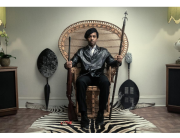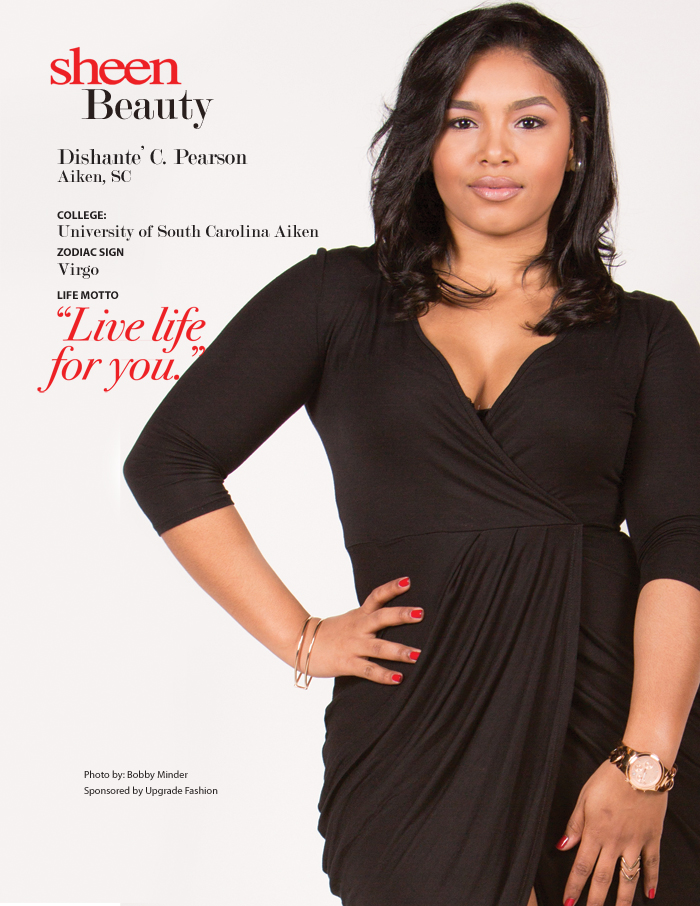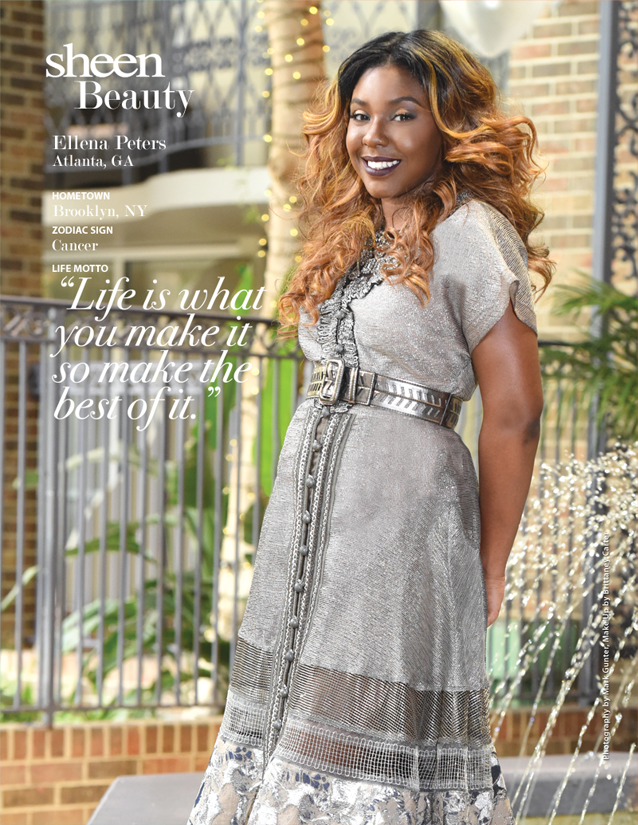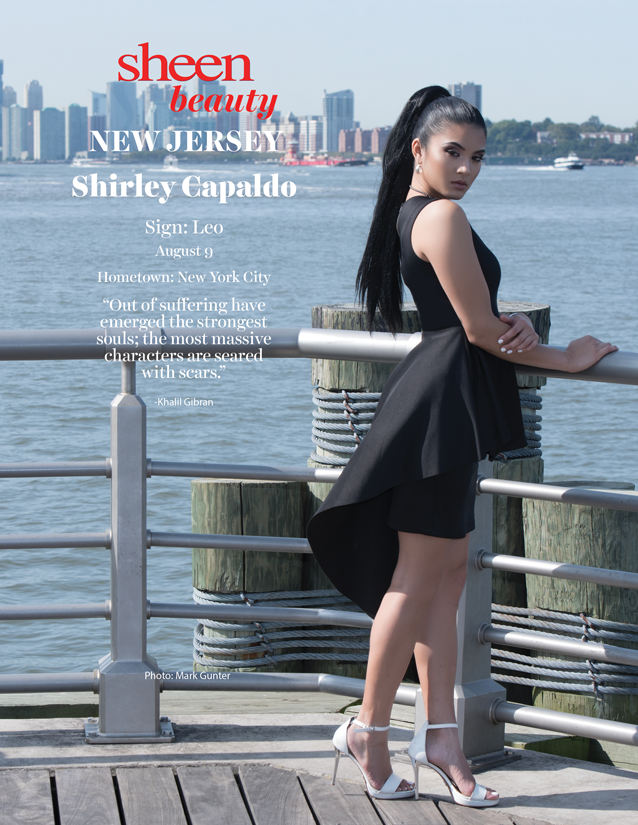Free love is a social movement that accepts all forms of love.
The movement’s initial goal was to separate the state from sexual and romantic matters such as marriage, birth control, and adultery. It stated that such issues were the concern of the people involved and no one else. The movement began around the 19th century, but was notably progressed by the hippies in the Sixties.
Much of the free love tradition reflects a liberal philosophy that seeks freedom from state regulation and church interference in personal relationships. According to this concept, the free unions of adults (or persons at or above the age of consent) are legitimate relations which should be respected by all third parties whether they are emotional or sexual relations. In addition, some free love writing has argued that both men and women have the right to sexual pleasure without social or legal restraints. In the Victorian era, this was a radical notion. Later, a new theme developed, linking free love with radical social change, and depicting it as a harbinger of a new anti-authoritarian.
According to today’s stereotype, earlier middle-class Americans wanted the home to be a place of stability in an uncertain world. To this mentality are attributed strongly-defined gender roles, which led to a minority reaction in the form of the free-love movement.While the phrase free love is often associated with promiscuity in the popular imagination, especially in reference to the counterculture of the 1960s and 1970s, historically the free-love movement has not advocated multiple sexual partners or short-term sexual relationships. Rather, it has argued that sexual relations that are freely entered into should not be regulated by law, and may be initiated or terminated by the parties involved at will.
The term “sex radical” is often used interchangeably with the term “free lover”.By whatever name, advocates had two strong beliefs: opposition to the idea of forced sexual activity in a relationship and advocacy for a woman to use her body in any way that she pleases.Laws of particular concern to free love movements have included those that prevent an unmarried couple from living together, and those that regulate adultery and divorce, as well as age of consent, birth control, homosexuality, abortion, and sometimes prostitution; although not all free-love advocates agree on these issues. The abrogation of individual rights in marriage is also a concern—for example, some jurisdictions do not recognize spousal rape, or they treat it less seriously than non-spousal rape. Free-love movements since the 19th century have also defended the right to publicly discuss sexuality and have battled obscenity laws.
With the Summer of Love in 1967, the eccentricities of the beat generation became a nationally recognized movement. Despite the developing sexual revolution and the influence of the Beatniks had in this new counterculture social rebellion, it has been acknowledged that the New Left movement was arguably the most prominent advocate of free love during the late 1960s.
Photo by Simi Iluyomade on Unsplash


















Add Comment